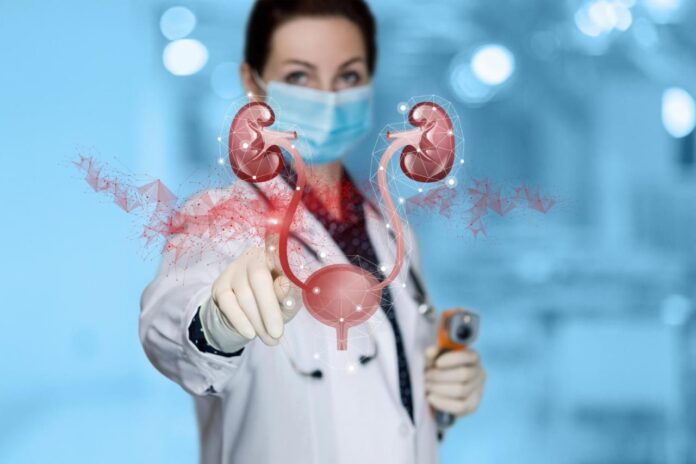In Durham, North Carolina, Duke Health researchers have found a reason behind ongoing pain in people with recurring urinary tract infections (UTIs), even after antibiotics have cleared the bacteria. They found that excessive nerve cells in the bladder are mostly the cause.
This finding, published in the journal Science Immunology on March 1, recommends a new method to manage UTI symptoms by targeting nerve cell overgrowth, potentially reducing the need for antibiotics.
Senior author Soman Abraham, Ph.D., professor in the departments of Pathology, Molecular Genetics and Microbiology, Integrative Immunobiology, and Cell Biology, said, “Urinary tract infections account for almost 25% of infections in women. Many are recurrent UTIs, with patients frequently complaining of chronic pelvic pain and urinary frequency, even after a round of antibiotics. For the first time, our study describes an underlying cause and identifies a potential new treatment strategy.”
Abraham and his researchers examined individuals with repeated urinary tract infections (UTIs) who continued to experience pain despite antibiotic treatment. By comparing bladder tissue samples from UTI patients to those from non-UTI individuals, they discovered that UTI patients had heightened neural activity in their bladders, resulting in pain and frequent urination.
Studies using mice revealed that specific inflammatory conditions within the bladder during infections can overstimulate nerves and facilitate excessive growth. The study’s principal investigator, Byron Hayes, emphasized that during UTIs, the bladder sheds infected cells and damages adjacent nerves. In response, the bladder initiates a rapid self-repair process by generating new nerve cells.
In a study, researchers used molecules to suppress nerve growth factor production by mast cells in mice. This intervention alleviated the symptoms experienced by the mice. The study’s lead researcher, Abraham, emphasized that “this research provides insights into a perplexing medical condition that affects many, especially women. Understanding the communication between mast cells and nerves is essential for developing targeted treatments for individuals prone to urinary tract infections (UTIs).”
This study helps us to understand why individuals experience persistent discomfort after multiple urinary tract infections (UTIs). It has been discovered that the bladders of these individuals exhibit an excessive number of nerve cells growing.
This finding holds significance in developing effective treatments that alleviate symptoms and potentially reduce the reliance on antibiotics. The study opens new avenues for addressing this condition, aiming to improve the quality of life for millions, predominantly women.
Journal reference:
- BYRON W. HAYES, HAE WOONG CHOI, et al., Recurrent infections drive persistent bladder dysfunction and pain via sensory nerve sprouting and mast cell activity. Science Immunology. DOI: 10.1126/sciimmunol.adi5578.
